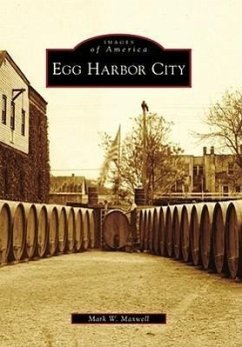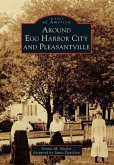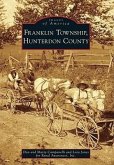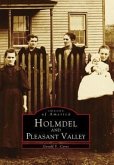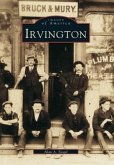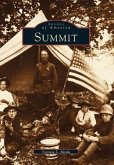Egg Harbor City was founded as a refuge from the sweeping nativism of the Know-Nothings, a group that tried to limit immigration and naturalization into the United States. Egg Harbor City was a place where German Americans could maintain the traditions, language, and lifestyle of their fatherland. The city was designed in rectangular blocks with lots for building, gardening, or farming. Parks were built and a harbor was planned on the north side of the city with rail lines connecting it to the Camden and Atlantic Railroad. Following the 1876 Centennial Exhibition in Philadelphia, Egg Harbor City's wines earned the community great respect, and it became known as the "Wine City," drawing hundreds of visitors to its many wineries. Egg Harbor City celebrates the early years of the place once known as the most German city in the United States of America.
Hinweis: Dieser Artikel kann nur an eine deutsche Lieferadresse ausgeliefert werden.
Hinweis: Dieser Artikel kann nur an eine deutsche Lieferadresse ausgeliefert werden.

